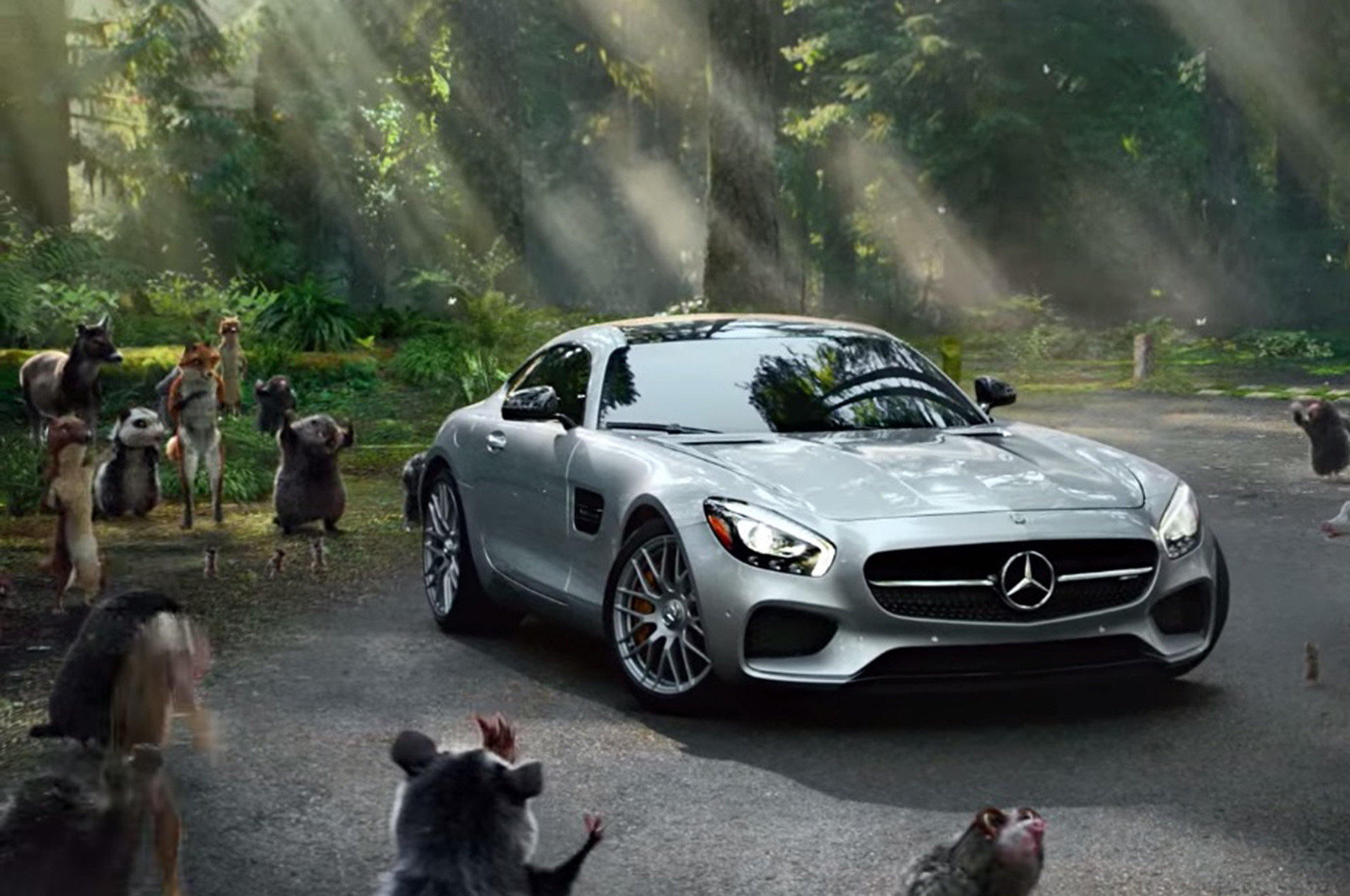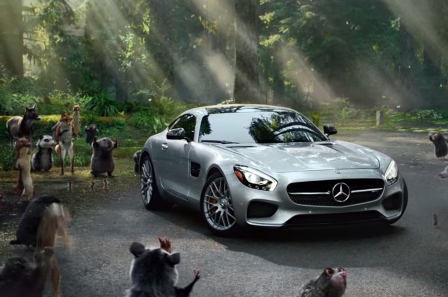Buick, Google, KFC, Mercedes Fumble Paid Search For Super Bowl Ads
Buick, Google, KFC, Mercedes Fumble Paid Search For Super Bowl Ads
by Laurie Sullivan @lauriesullivan, February 6, 2017

Avocados From Mexico, Budweiser, Buick, Wendy’s, Wix, and 84 Lumber made strategic Super Bowl LI ad plays, landing the brands in the top two spots either for search engine optimization (SEO) or paid search advertising during this year’s game between the Atlanta Falcons and New England Patriots.
Merkle released the fourth edition of its Digital Bowl Report Monday that analyzes how well Super Bowl television advertisers took advantage of key digital marketing channels such as search, social and video.
The advertisers are judged based on specific standards across paid search, organic search, social media, and digital media marketing across the Web. Rather than examine the appeal of the creative itself, Merkle focuses on brands’ efforts to maximize the digital presence of campaigns in making the most of multi-million dollar investments.
There were a few unexpected fumbles. Buick, Google, KFC, Mercedes-Benz, and National Geographic tied for No. 10 in Merkle’s list for paid search rankings. Kia came in at No. 12 for SEO, followed by WeatherTech at No. 11, H&R Block and Tide tied for No. 10.
The Bai TV commercial got a lot of positive feedback, but the brand didn’t use the same message for their social, which broke the continuity, says Dalton Dorné, VP of marketing at Merkle. “It created a disconnect,” she said. “The TV ad seemed to air and then fizzle.”
Andy Taylor, senior research analyst at Merkle, said Bai scored well in paid search — tying at No. 4 along with Bud Light, T-Mobile Lexus, Mr. Clean, and Wendy’s on Merkle’s list — but didn’t get full marks for ad copy because the brand did a poor job of tying the message in paid search advertisements to its TV campaign.
For SEO, WeatherTech took itself out of the game with a meta robots “noindex” tag on its Super Bowl landing page, which rendered its otherwise optimized URL undiscoverable in organic search, “Many times Web sites will add a no index tag when they’re in the development stage of creating the page and left it in by mistake when they pushed it live,” Taylor said.
Some brands scored a touchdown in paid search and SEO. Similar to some of Tom Brady’s strategic second-half game-time plays, Avocados From Mexico’s ads hit a touchdown with links to creative and useful content on the brand’s Web site. Sitelinks led to usable content such as recipes for “Hard Hitting Guacamole” and “Avo Footballs.”
The “highly visible” content ranked the brand at or near the top of the search engine results page for a variety of brand and non-brand searches across devices. The primary landing page was also transformed into a interactive app interface in the shape of a virtual smartphone. This experience played well on mobile devices, and served to make Avocados’ ads much more engaging after the click than those of many other advertisers.
Weeks before kickoff, Avocado’s landing page ranked high for relevant queries such as “Big Game” and #AvoSecrets in its on-page optimization, content, and URL strategies. Its responsive landing page imitated a phone on smaller screens complete with notifications and apps. The brand also included links to its Super Bowl landing page from its home page using campaign-specific anchor text.
Super Bowl newcomer 84 Lumber tied for second place in organic search. With the main goal of highlighting job opportunities, the brand included visible links to its Careers page on Journey84.com and promoted the microsite URL in its Big Game ad. Merkle reported that the company did such as great job in optimizing its content that it experienced brief server issues due to the high level of post-ad site traffic.
Real-time updates in advertising copy led 84 Lumber to also do well in paid search. Leading up to the game, ads for the brand appeared for both brand and non-brand queries, bidding aggressively on broad Super Bowl keywords such as “super bowl commercial.
The company paired the message with informative ad copy and extensions such as “Why Work for 84 Lumber,” which references their in-game ad to pique user interest in learning more about employment opportunities and the brand.
After the commercial ended in a cliffhanger, ad copy changed to prompt users to “Complete The Journey” and visit the brand’s site to watch the rest of the ad.
For SEO, WeatherTech took itself out of the game with a meta robots “noindex” tag on its Super Bowl landing page, which rendered its otherwise optimized URL undiscoverable in organic search,
Buick, Google, KFC, Mercedes-Benz, and National Geographic tied for No. 10 in paid-search rankings, while Kia came in at No. 12 for SEO.
Some of the strategies that sent brands to the goal line includes landing pages that focused on Super Bowl campaign-related keyword searches that went live by the Friday before the game, and landing page discoverable for “super bowl commercial + brand” queries. Merkle also notes title tags, h1, descriptions, content, and internal linking optimized and dedicated to the Super Bowl featured on landing page, among other tactics.
MediaPost.com: Search Marketing Daily
(25)


